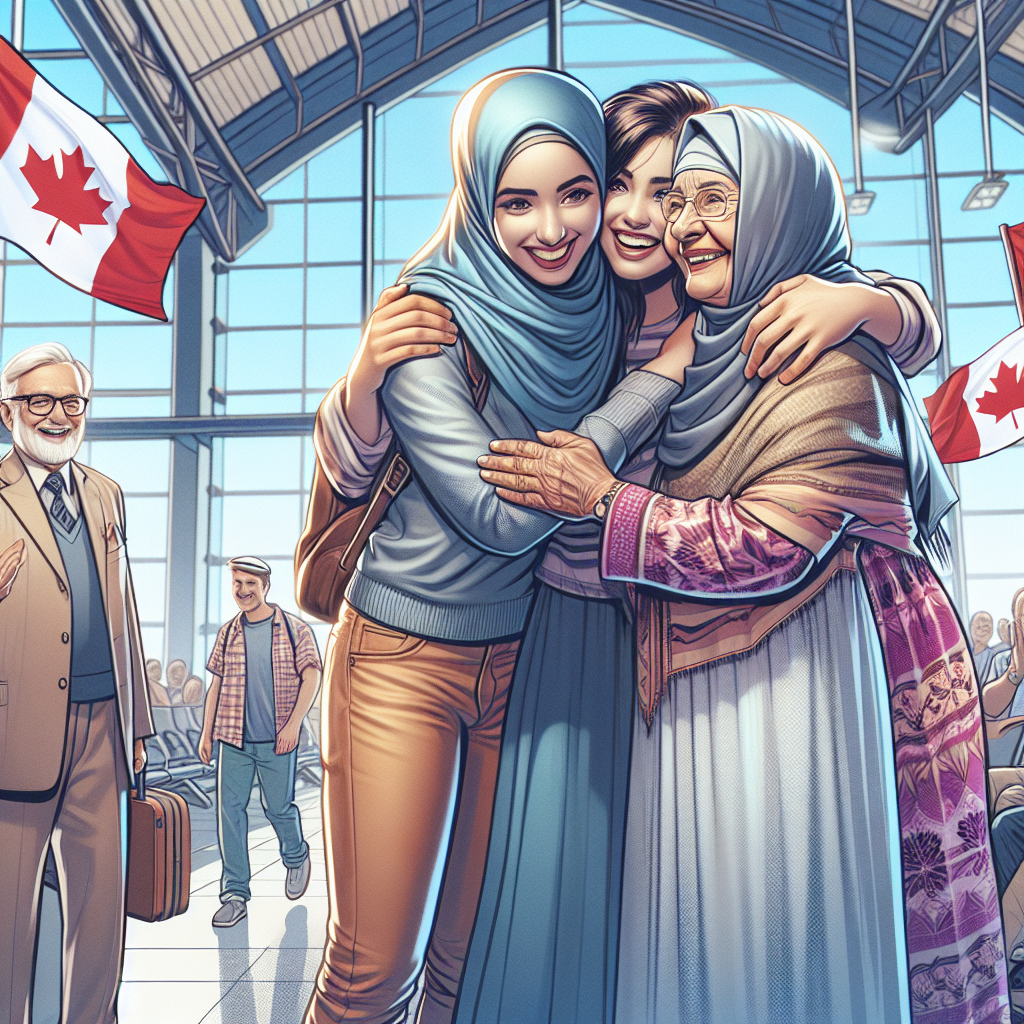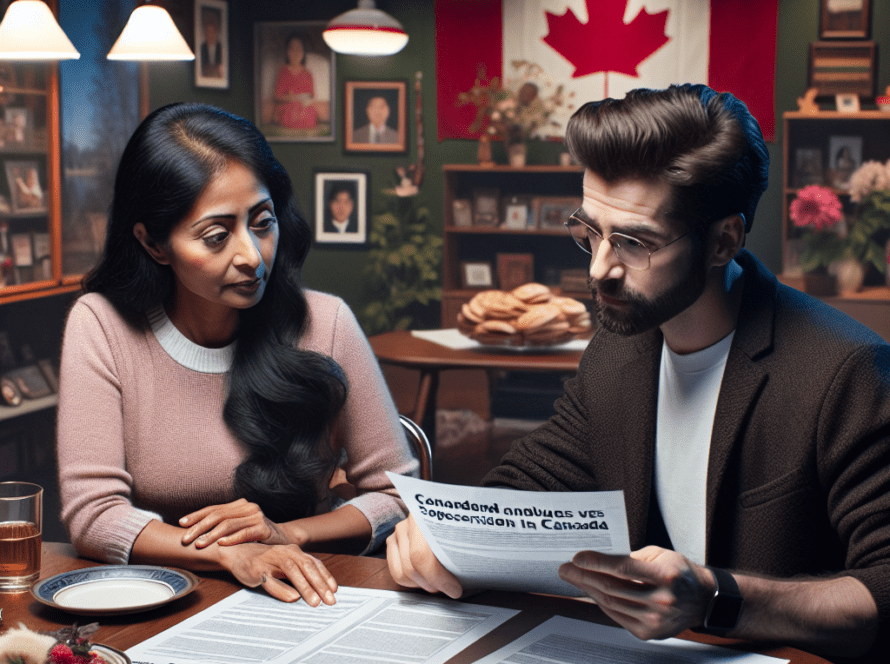Bringing Parents and Grandparents to Canada: A Guide

Navigating Family Immigration: Options for Parents and Grandparents in Canada
As families grow and global mobility increases, many Canadians are seeking ways to bring their parents and grandparents to live with them. Fortunately, Canada offers two primary pathways for this: the Parent(s) and Grandparent(s) Program (PGP) and the Super Visa. Understanding the nuances of these options is crucial for those wishing to reunite with their loved ones.
Key Differences Between the Super Visa and PGP
-
Application Accessibility:
- Super Visa: Open for applications year-round, allowing for immediate application.
- PGP: Operates on a lottery system with limited intake, creating a long wait time for potential sponsors.
-
Processing Times:
- Super Visa: Typically processed within three months.
- PGP: Can take up to six years, with the latest applicants facing a wait time of around 24 months after selection.
-
Status Granted:
- Super Visa: Provides visitor status for a maximum of five years, with multiple entries allowed over a decade.
- PGP: Grants permanent residency, offering a pathway to more substantial rights, including access to social programs and the ability to work.
- Financial Requirements:
- Super Visa: Sponsors must demonstrate a minimum income based on family size, along with a commitment to financially support their relatives during their stay.
- PGP: Income requirements are more stringent, reflecting the sponsor’s financial capabilities over the past three years.
Eligibility Criteria
-
Super Visa: Eligible applicants must have a host in Canada who meets age, citizenship, and income requirements, and must purchase private health insurance for their stay.
- PGP: Eligibility hinges on being invited to apply, meeting age and residency requirements, and committing to support the sponsored relatives for a set period.
Application Process Insights
The application process for each option reflects their inherent complexities. The Super Visa requires an invitation letter detailing financial support, while the PGP necessitates a more intricate process involving an interest-to-sponsor form followed by a random selection for application invitations.
For residents in Quebec, additional steps must be taken once the IRCC approves the sponsorship application, underscoring the region’s distinct immigration policies.
Financial Considerations
Both programs come with associated fees. The Super Visa involves a basic application fee, while the PGP entails multiple fees, including sponsorship and processing fees. It’s vital for sponsors to plan their finances accordingly, especially considering their responsibility for any social assistance their parents or grandparents might claim.
Conclusion: Choosing the Right Pathway
When deciding whether to pursue the Super Visa or the PGP, potential sponsors must weigh the pros and cons of each option. The Super Visa offers a quicker solution for temporary stays, while the PGP provides a more permanent solution albeit with a long wait time.
Ultimately, the choice hinges on individual circumstances, including the desired duration of stay, financial capability, and the urgency of family reunification. As immigration policies evolve and the landscape shifts, staying informed will be key to successfully navigating the complexities of bringing family to Canada.
For families looking to bring their loved ones to Canada, understanding these pathways not only aids in planning but also fosters stronger connections in an increasingly globalized world.



